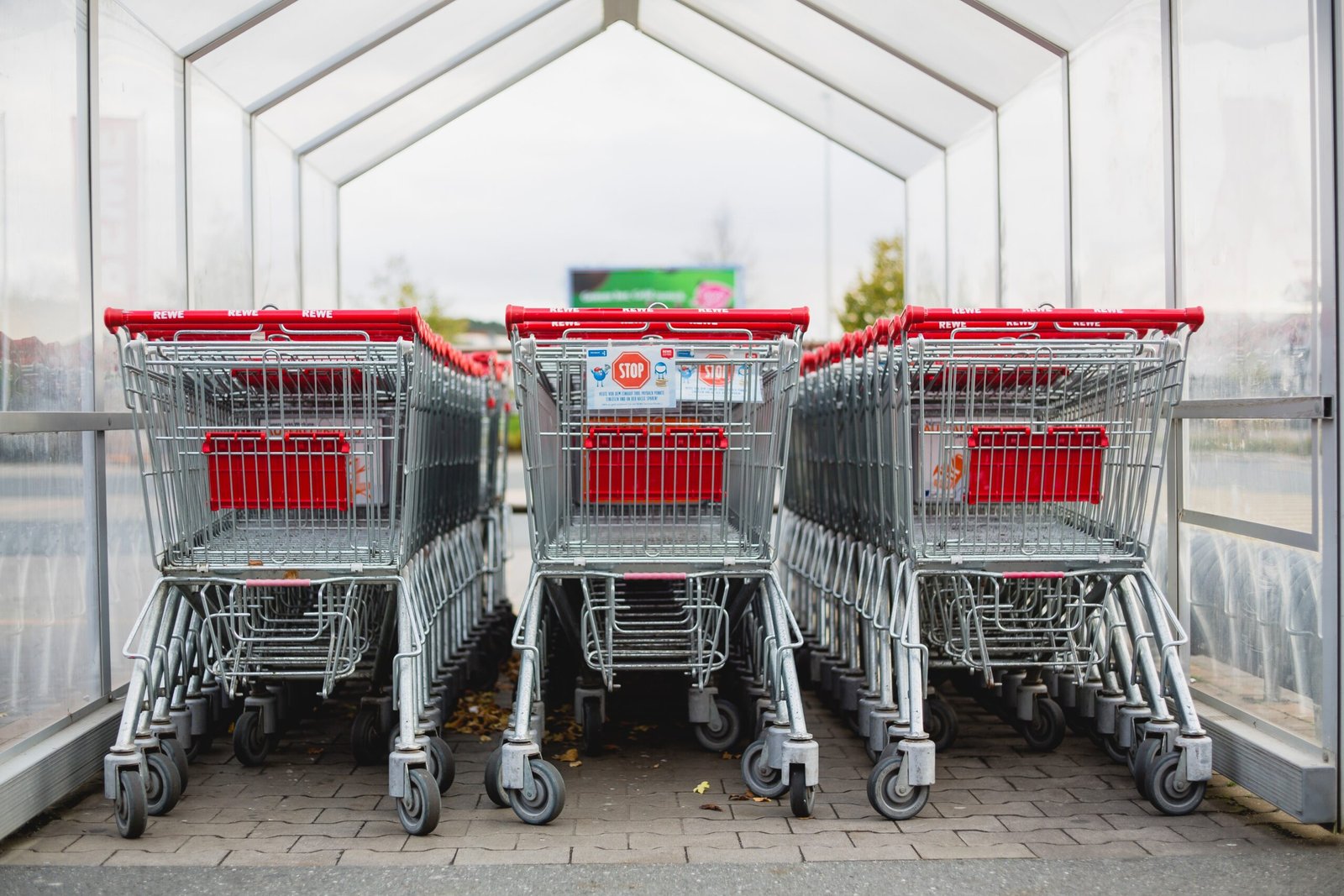The Power of Email Automation for Online Stores
In today’s digital age, email marketing remains one of the most effective ways for online stores to engage with their customers. However, manually sending out individual emails to each customer can be time-consuming and inefficient. This is where email automation comes in. By leveraging the power of automation, online stores can streamline their email marketing efforts and drive better results.
What is Email Automation?
Email automation refers to the process of sending out targeted, personalized emails to customers based on specific triggers or actions. These triggers can include actions such as signing up for a newsletter, making a purchase, or abandoning a shopping cart. By automating these emails, online stores can deliver the right message to the right person at the right time, increasing the chances of conversion and customer retention.
The Benefits of Email Automation
1. Improved Efficiency: With email automation, online stores can save time and resources by automating repetitive tasks. This allows store owners to focus on other important aspects of their business, such as product development or customer service.
2. Personalized Communication: Email automation enables online stores to send personalized messages to their customers. By segmenting their audience based on demographics, purchase history, or browsing behavior, stores can deliver targeted content that resonates with each individual customer.
3. Increased Engagement: By sending timely and relevant emails, online stores can increase customer engagement. For example, sending a personalized welcome email to new subscribers can help establish a connection and encourage them to explore the store further.
4. Cart Abandonment Recovery: One of the most valuable use cases of email automation for online stores is cart abandonment recovery. By sending a series of automated emails to customers who have abandoned their shopping carts, stores can remind them of the items they left behind and offer incentives to complete the purchase.
5. Customer Retention: Email automation can also be used to nurture existing customers and encourage repeat purchases. By sending out automated emails with product recommendations, exclusive offers, or loyalty rewards, online stores can keep their customers engaged and loyal.
Best Practices for Email Automation
1. Segment Your Audience: To deliver personalized and relevant emails, it’s important to segment your audience. This can be done based on factors such as demographics, purchase history, or engagement level. By understanding your customers’ preferences and behaviors, you can tailor your emails to their specific needs.
2. Use Clear and Compelling Subject Lines: The subject line is the first thing your customers see in their inbox, so make sure it grabs their attention. Use clear and compelling language to entice them to open your email and discover what’s inside.
3. Test and Optimize: Email automation provides valuable data and insights that can be used to improve your campaigns. Test different email templates, subject lines, and call-to-action buttons to see what resonates best with your audience. Continuously monitor and optimize your emails to drive better results.
4. Provide Value: Your emails should provide value to your customers, whether it’s through exclusive offers, helpful tips, or relevant content. Make sure your emails are not just promotional but also informative and engaging.
5. Monitor and Analyze Results: Regularly monitor and analyze the performance of your email automation campaigns. Look at metrics such as open rates, click-through rates, and conversion rates to understand what is working and what can be improved.
Customer Retention Automation:
Customer Retention Automation involves the use of automated strategies and technologies to engage with customers, build loyalty, and encourage repeat business. It’s a proactive approach to keeping customers satisfied, connected, and committed to a brand. Here are key elements:
- Customer Retention Campaigns:
- Definition: These are targeted marketing initiatives designed to keep existing customers engaged and committed to a brand over the long term.
- Implementation: Use personalized content and offers based on customer preferences, purchase history, and behavior. Implement multi-channel campaigns across email, social media, and other relevant platforms.
- Automated Loyalty Programs:
- Definition: Loyalty programs designed to reward customers for repeat business, and these programs are automated to streamline the reward process.
- Implementation: Implement point systems, exclusive discounts, or VIP access. Automate point accrual, redemption, and communication of loyalty program updates to participants.
- Retention-Focused Email Automation:
- Definition: Utilizing automated email sequences to nurture and retain customers by delivering targeted and timely content.
- Implementation: Set up automated email workflows triggered by specific customer actions or milestones (e.g., post-purchase, anniversary). Provide personalized recommendations, exclusive offers, and educational content to keep customers engaged.
- Engage and Retain Customers:
- Definition: Actively involving customers in ongoing interactions and experiences to create a sense of belonging and value.
- Implementation: Implement strategies such as personalized communication, exclusive previews, and early access to new products or features. Encourage user-generated content and reviews to foster a community around your brand.
Key Benefits:
- Time Efficiency:
- Implementing automation saves time by handling routine tasks, allowing businesses to focus on creating meaningful customer experiences.
- Personalization:
- Automation enables businesses to deliver personalized content and offers based on individual customer preferences and behaviors, enhancing the overall customer experience.
- Consistency:
- Automated campaigns ensure a consistent and timely approach to customer engagement, reducing the risk of oversight and ensuring that no customer is left unattended.
- Data-Driven Insights:
- Automation tools provide valuable data and analytics, allowing businesses to understand customer behavior, preferences, and the effectiveness of retention strategies.
- Improved Customer Satisfaction:
- By staying engaged with customers and meeting their needs through automation, businesses can enhance customer satisfaction, leading to increased loyalty.
Implementation Tips:
- Segmentation:
- Segment customers based on their behavior, preferences, and purchase history to tailor automated campaigns for different customer groups.
- Ongoing Analysis:
- Regularly analyze the performance of automated campaigns and make data-driven adjustments to optimize customer retention efforts.
- Integration with CRM:
- Integrate customer retention automation with Customer Relationship Management (CRM) systems for a holistic view of customer interactions.
- Responsive Communication:
- Ensure that automated communications are responsive and considerate of the customer’s journey, providing value at every touchpoint.
- Continuous Optimization:
- Customer retention is an evolving process. Regularly assess and optimize automated strategies to adapt to changing customer needs and market dynamics.
In summary, Customer Retention Automation is a comprehensive strategy that combines technology and personalized engagement to foster long-lasting relationships with customers. By leveraging automated campaigns, loyalty programs, and targeted communication, businesses can effectively engage and retain customers in a highly competitive market.
Conclusion
Email automation is a powerful tool for online stores to enhance their email marketing efforts. By automating repetitive tasks, personalizing communication, and delivering timely and relevant emails, online stores can improve efficiency, increase engagement, and drive better results. By following best practices and continuously optimizing their campaigns, online stores can leverage the power of email automation to grow their business and nurture lasting relationships with their customers.







